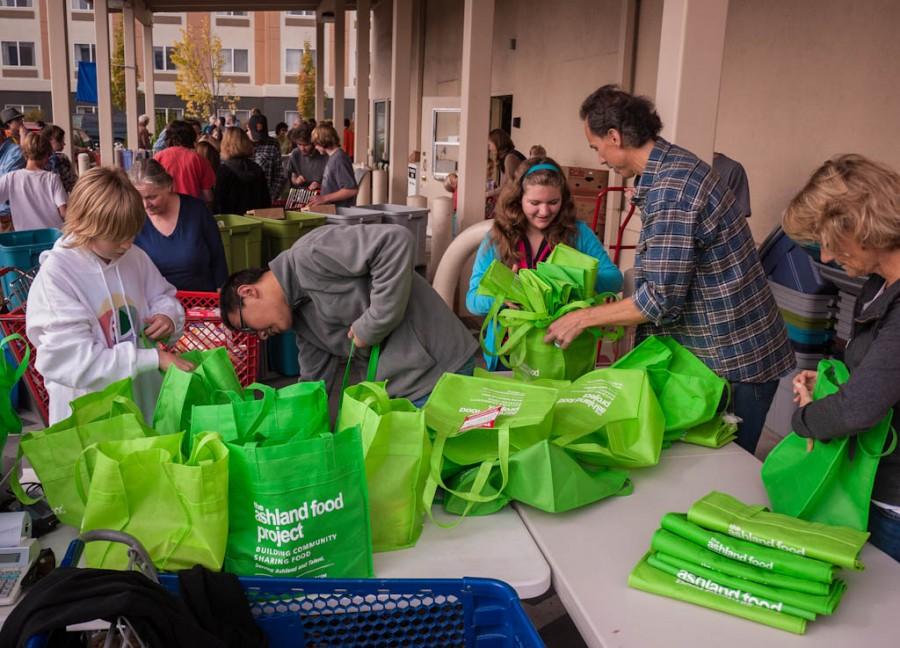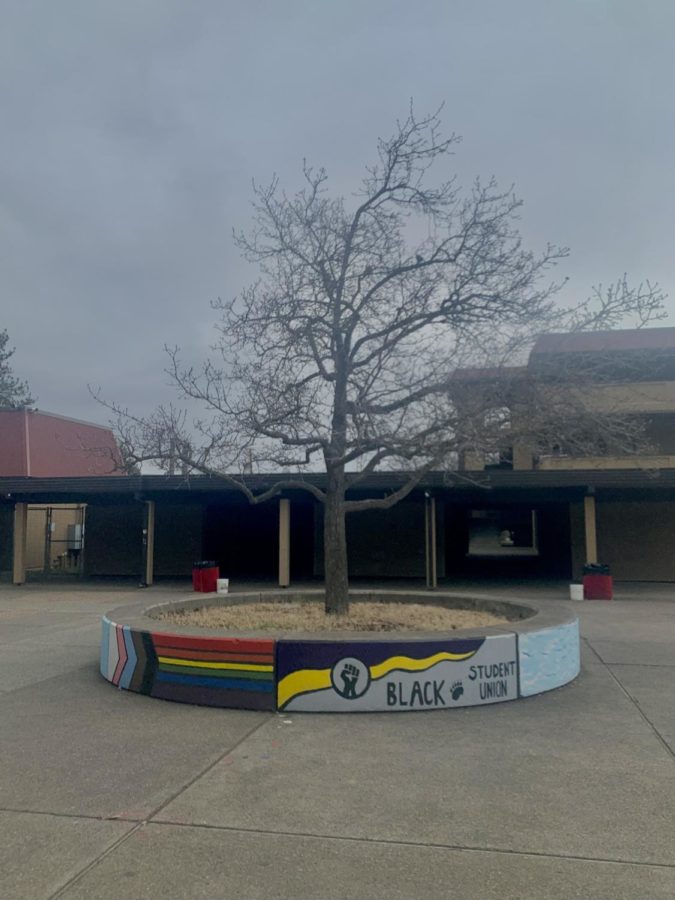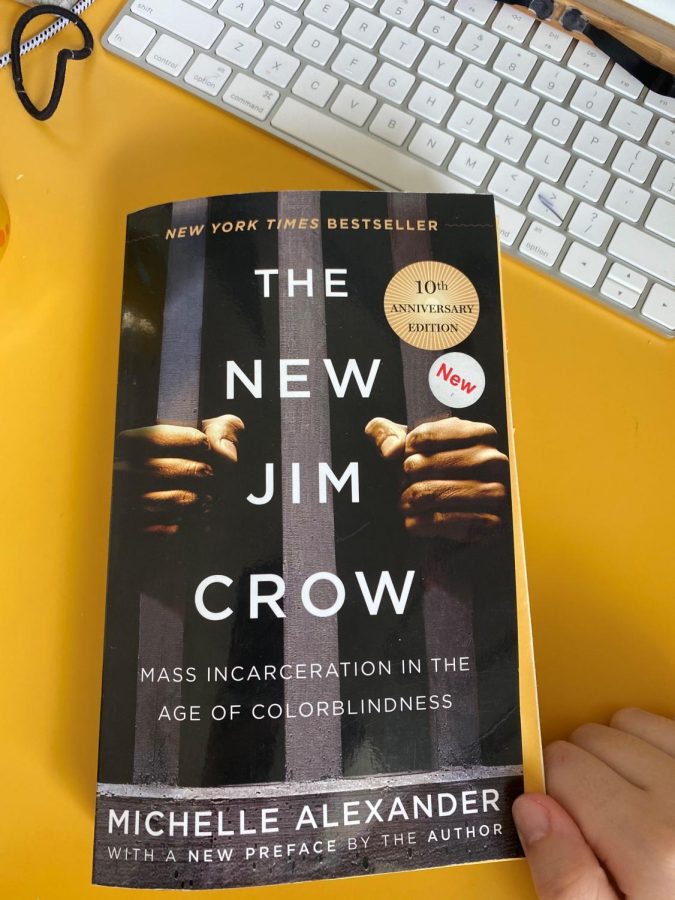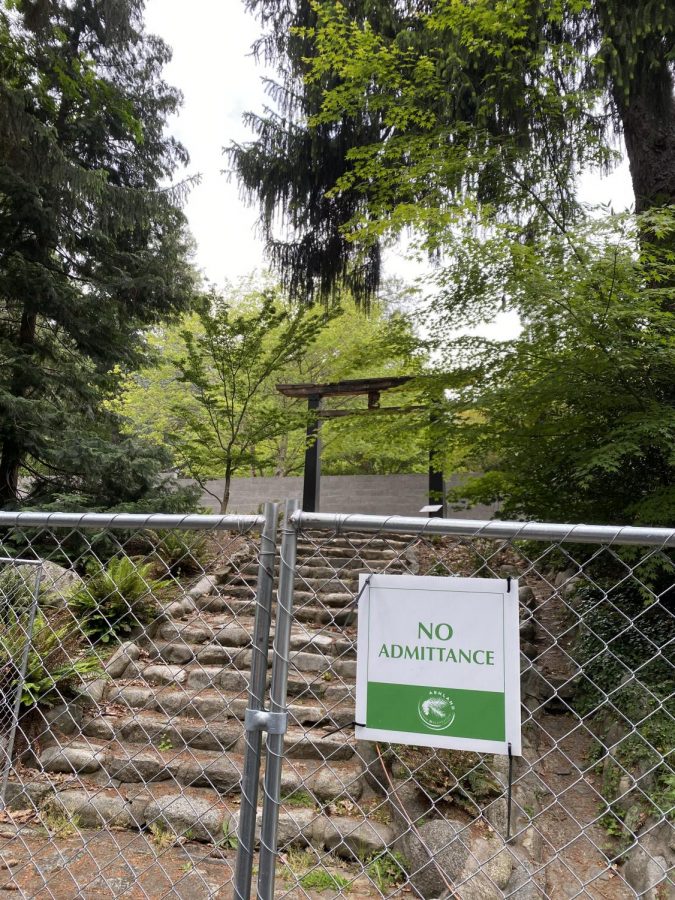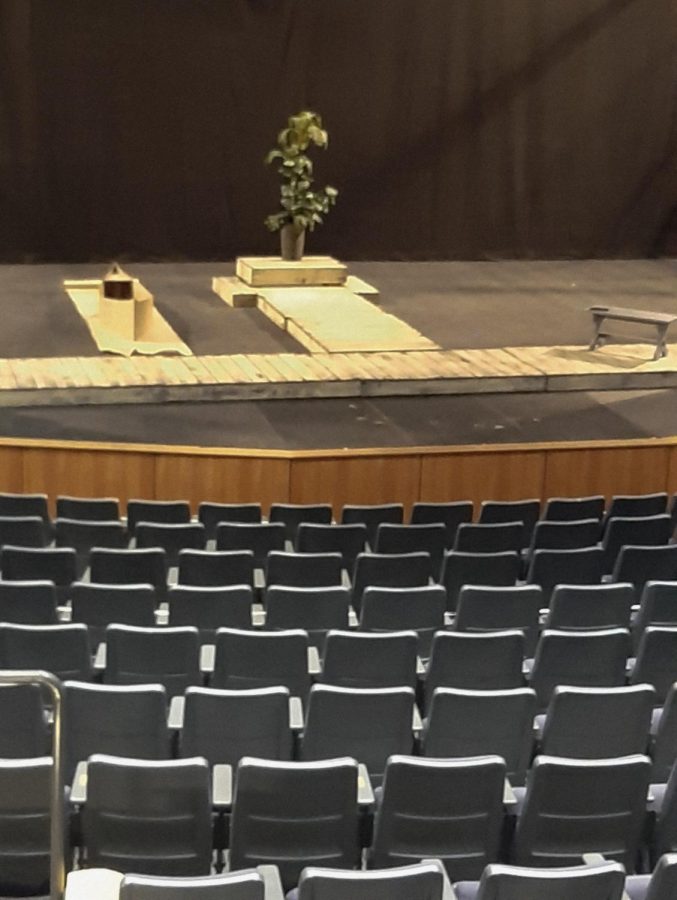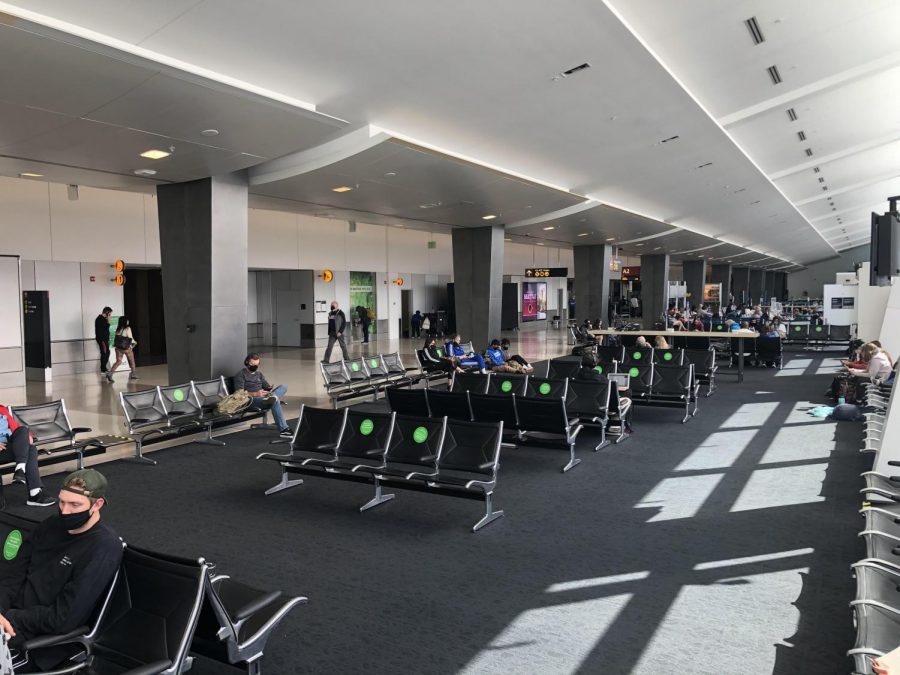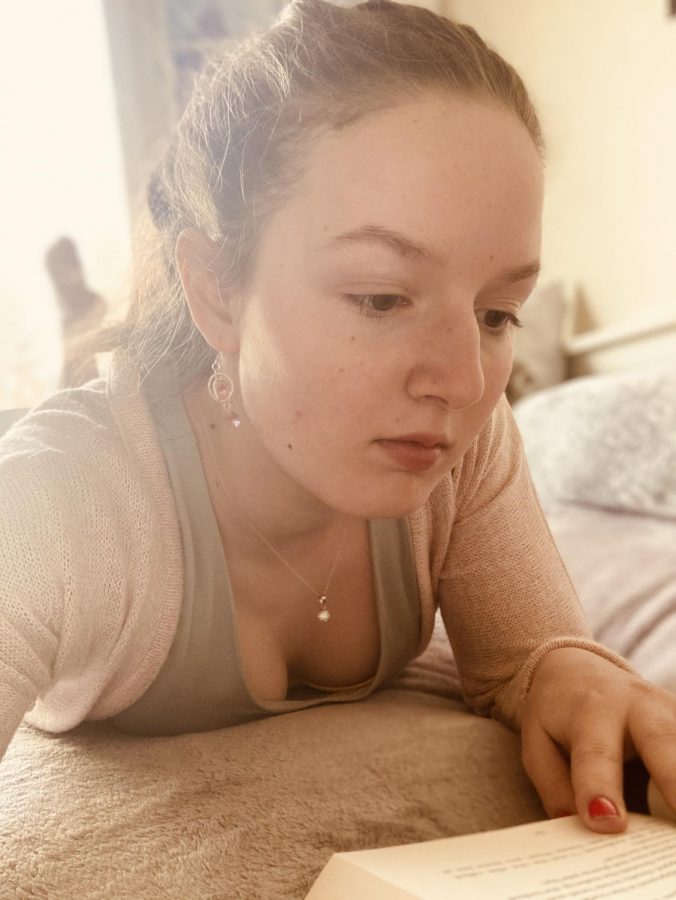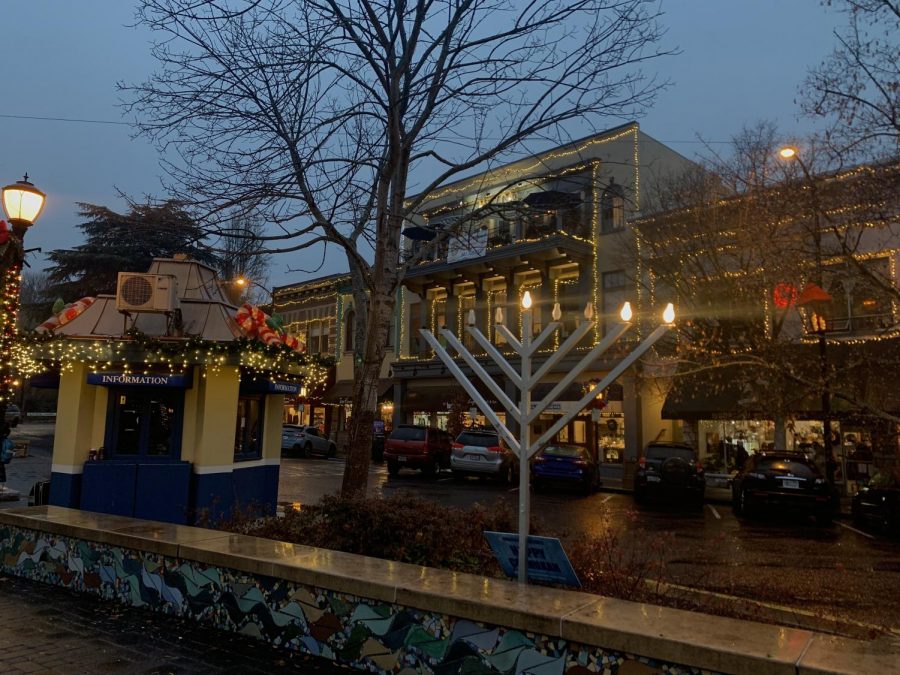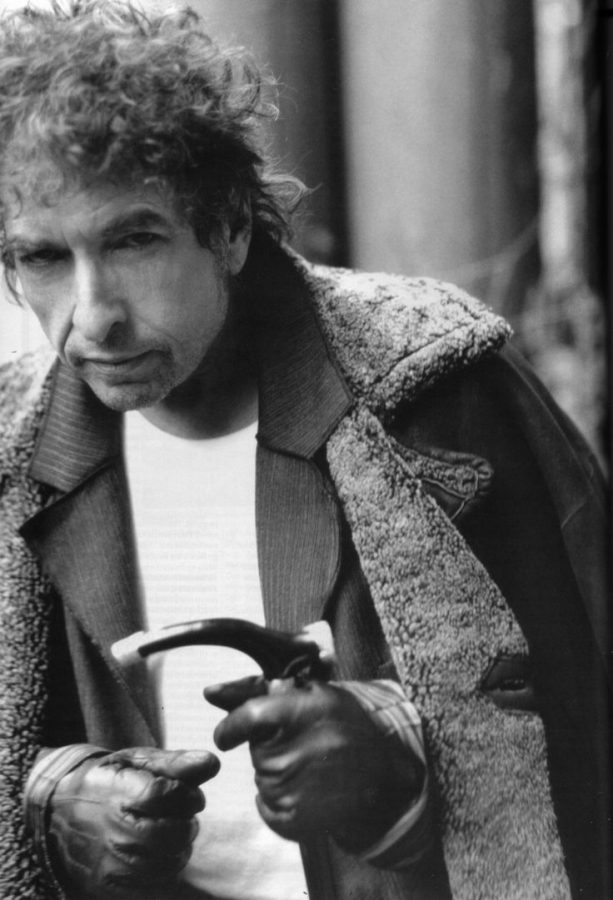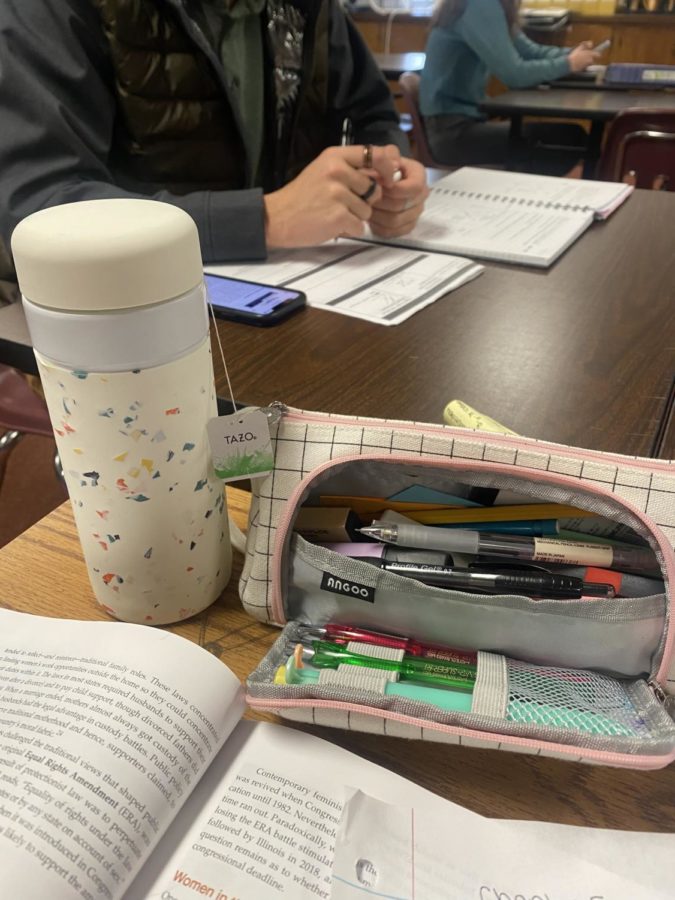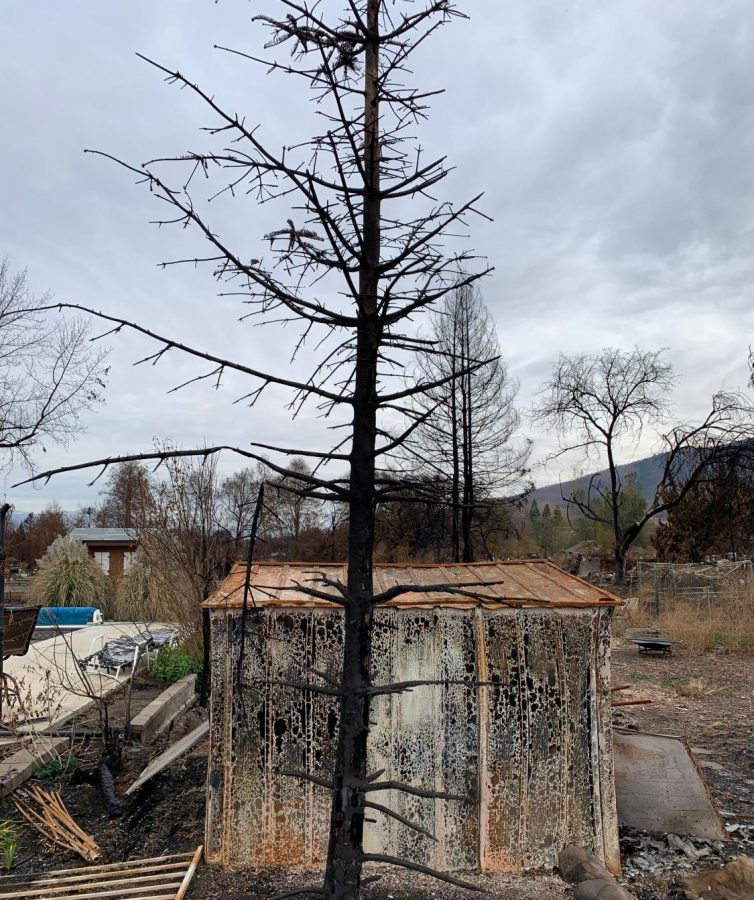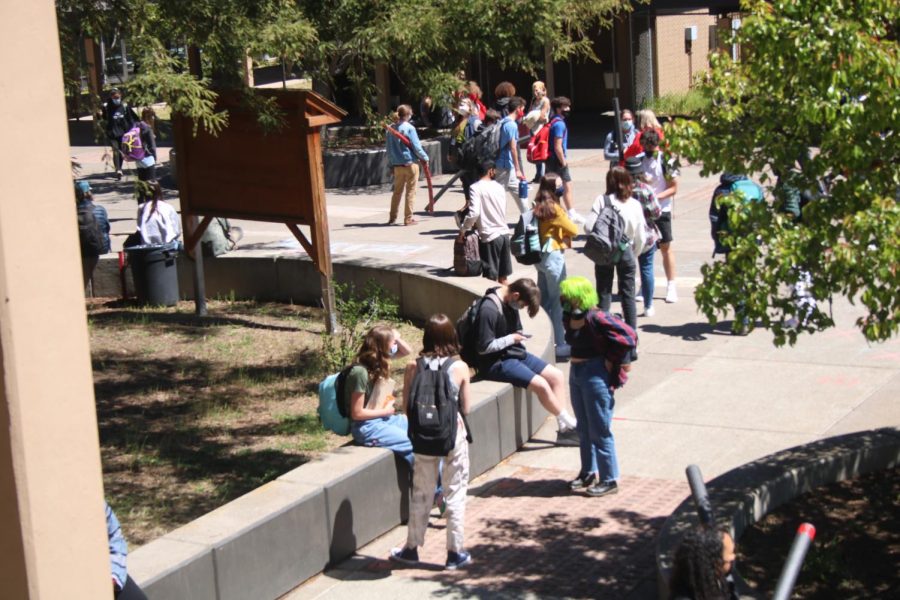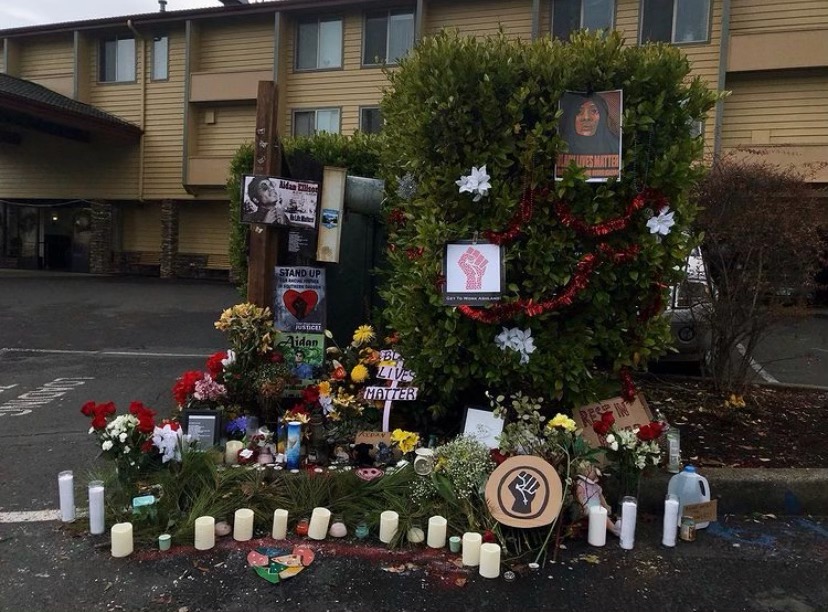Contrary to what one might think, the Ashland food project is not a food drive, or an annual charity event, but it is a long term and sustainable way to collect food and distribute food to those in need of it. The program is easy to join and its rewards are massive. Not only does the Ashland Food project distribute food, but it also binds our community tighter.
Ashland is full of conscious people wanting to make a difference in the lives of hungry residents, but there was not a sufficient means of doing it. It’s a basic, door-to-door food collection process to let residents make a difference.
When it began in January of 2009, the Ashland Food Project had 3 goals:
-
To provide a regular supply of food to our hungry citizens
-
To create new neighborhood connections and strengthen our community
-
To serve as a model for other communities
How It Works
You might think that a project with this amount of success would be intricate and complicated, but it is an astonishingly basic setup.
First, Neighborhood Coordinators decide to create a group of their neighbors and friends to become Food Donors. This job can take between a few hours a month. Food Donors are neighbors who agree to give food every two months
When a Neighborhood Joins
The Neighborhood Coordinator suggests that everyone in the neighborhood buy at least one extra non perishable food item each week when they go grocery-shopping. The food is stored. Then every two months, Neighborhood Coordinators pick up each Donor’s bag of food and bring all the bags they collect to a designated drop-off point. In Ashland, it’s the Ashland Emergency Food Bank. The day the food is collected is the 2nd Saturday of each even month (Feb. April. June, etc.).
Who Gets the Food?
The supplied food is taken to the Ashland Emergency Food Bank. This year, they are supplying food to over 1,300 of our neighbors per month. About 38% of these neighbors are children, and surprisingly, only 2% of people who receive the food are homeless.
If you want to become a donator, just click this link and start making a good impact on the lives of less-fortunate residents.

